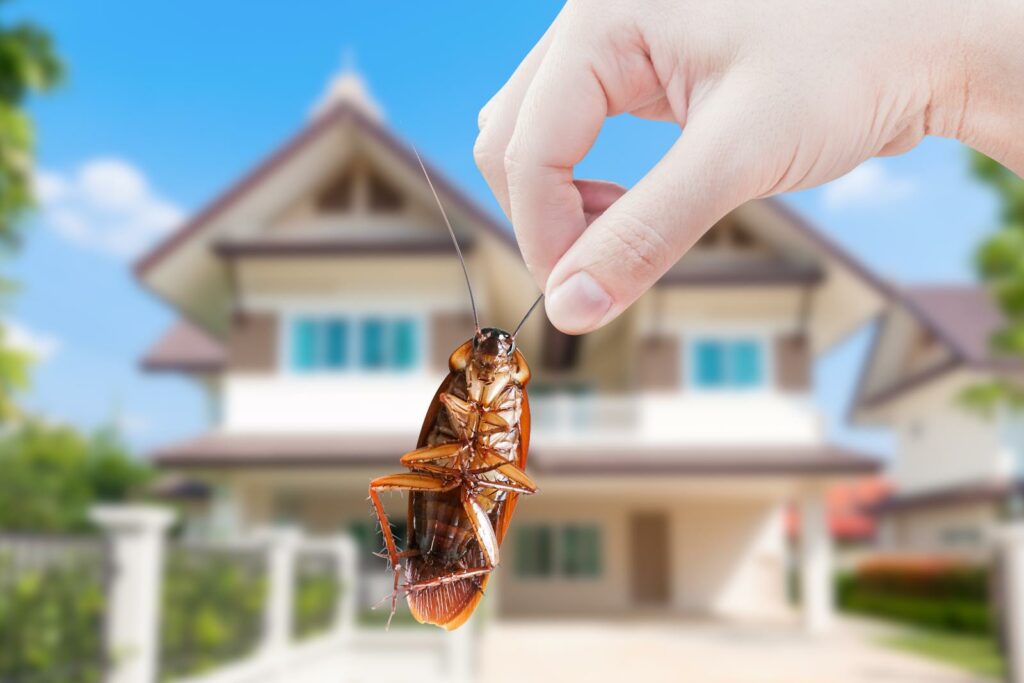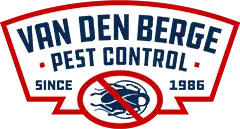
Contents
To keep pests at bay in your commercial space, follow these tips: Conduct thorough inspections, eco-friendly solutions, and pest prevention. Regularly inspect for signs of pests and use monitoring traps. Clean daily, dispose of trash properly, and seal entry points. Train employees on pest control methods and invest in their education. These strategies are key to maintaining a pest-free environment for your business.
Key Takeaways
- Conduct thorough inspections and identify entry points.
- Implement eco-friendly solutions for pest control.
- Prioritize regular monitoring for early detection.
- Maintain proper sanitation practices to reduce pest attraction.
- Train employees in pest control methods for prevention.
Integrated Pest Management (IPM)
When implementing Integrated Pest Management (IPM), consider conducting a thorough inspection of your commercial property to identify potential pest entry points. By taking this proactive step, you can pinpoint areas where pests might infiltrate your space and implement eco-friendly solutions to prevent infestations. Opting for pest prevention methods not only safeguards your property but also contributes to a sustainable environment.
Incorporating IPM practices in your commercial pest control strategy involves utilizing cost-effective methods that prioritize long-term solutions over quick fixes. Rather than relying solely on reactive measures, such as chemical treatments, IPM encourages a holistic approach that addresses the root causes of pest issues. By focusing on sustainable practices, you can reduce the reliance on harmful pesticides and promote a healthier ecosystem within your property.
Embracing Integrated Pest Management not only protects your commercial space from unwanted intruders but also aligns with your desire for environmentally conscious solutions. By engaging in regular inspections and monitoring, you can stay ahead of potential pest problems and cultivate a welcoming environment for your employees and customers. Remember, by choosing IPM, you aren’t only investing in the longevity of your property but also in the well-being of the surrounding ecosystem.
Regular Inspections and Monitoring
To ensure effective pest control in your commercial property, prioritize regular inspections and monitoring for early detection of potential pest issues. Pest identification plays an important role in prevention efforts. By conducting routine inspections, you can spot signs of pests such as droppings, gnaw marks, or nests before they escalate into full-blown infestations. Identifying pests promptly allows for targeted treatment, minimizing the need for extensive interventions later on.
Regular monitoring is equally vital in maintaining a pest-free environment. Implementing monitoring devices like traps or cameras can help track pest activity levels over time. By consistently checking these devices, you can assess the effectiveness of your pest control measures and make adjustments as needed. Monitoring also provides valuable insights into seasonal pest patterns, enabling you to prepare in advance and prevent potential issues before they arise.
In addition to inspections and monitoring, swift action is key when pests are detected. Once identified, pests should be promptly addressed through appropriate treatment methods. Whether it’s utilizing baits, sprays, or other targeted solutions, taking immediate action can prevent pests from multiplying and causing further damage to your property.
Proper Sanitation Practices
Implement proper sanitation practices to prevent and control pest infestations in your commercial space. Maintaining a clean environment is important in deterring pests from invading your business. By following a consistent cleaning schedule and implementing efficient waste management strategies, you can greatly reduce the risk of pest infestations.
To help you understand the importance of proper sanitation practices, here is a table highlighting key points for maintaining a pest-free environment:
| Key Practices | Description | Benefits |
|---|---|---|
| Regular Cleaning | Implement a daily cleaning routine to remove crumbs and spills. | – Eliminates food sources – Reduces pest attraction |
| Waste Disposal | Properly dispose of garbage and make sure bins are sealed tightly. | – Prevents pest access to food and shelter |
| Sanitization | Use disinfectants to clean surfaces and eliminate bacteria. | – Removes odors that attract pests |
| Maintenance Checks | Inspect for leaks, cracks, or other pest entryways regularly. | – Identifies entry points for pests |
Pest-Proofing Techniques
Enhance your commercial space’s defenses against pests with effective pest-proofing techniques. By implementing these strategies, you can create a less welcoming environment for pests, ultimately safeguarding your business and ensuring a pest-free workplace.
- Exclusion Methods & Sealing:
Seal off any cracks or crevices in walls, floors, and entry points to prevent pests from sneaking into your establishment. Invest in door sweeps, weather stripping, and screens to block potential entryways for pests.
- Landscaping Deterrents:
Keep vegetation trimmed and away from the building to reduce hiding spots for pests. Consider using gravel or rock beds instead of mulch near the foundation, as mulch can attract pests like termites and ants.
- Lighting:
Install bright exterior lights around your property to deter nocturnal pests like rodents and insects. Motion sensor lights can be particularly effective in scaring off pests when they approach your building.
- Regular Inspections:
Schedule routine inspections to identify and address any potential pest entry points or infestations early on. Work with a professional pest control service to conduct thorough assessments and implement proactive pest-proofing measures.
Employee Training and Education
Empower your staff to become skilled in identifying potential pest threats through thorough training and education. By investing in training programs focused on pest control practices, you equip your employees with the knowledge and skills needed to detect early signs of infestations. Training effectiveness is crucial to guarantee that your team can implement preventive measures promptly and effectively. Provide continuous learning opportunities to keep your staff updated on the latest pest control techniques and best practices. Encouraging ongoing education demonstrates your commitment to their professional growth and development.
Engage your employees in interactive training sessions that simulate real-world pest control scenarios. This hands-on approach enhances their problem-solving skills and boosts their confidence in handling pest-related issues. Incorporate role-playing exercises to simulate different pest control situations, allowing your staff to practice their response strategies in a controlled environment. This practical training method reinforces their learning and prepares them for effectively managing pest threats in your commercial space.
Offering regular refresher courses and workshops ensures that your team stays informed about new pest control technologies and methodologies. By fostering a culture of continuous learning, you demonstrate your dedication to maintaining a pest-free environment. Encourage your employees to actively participate in training sessions and share their insights with their colleagues. Building a knowledgeable and well-trained workforce is essential for implementing successful pest control strategies in your commercial establishment.
Recap
By implementing Integrated Pest Management (IPM), conducting regular inspections, maintaining proper sanitation, utilizing pest-proofing techniques, and providing employee training, you can effectively keep your commercial space free from pests.
Remember, just like a well-oiled machine, your pest control strategies need to be well-maintained and constantly monitored to guarantee a pest-free environment.
So, keep up the good work and stay vigilant in your efforts to keep those unwanted guests at bay.
Recent Posts
10 Tips for Affordable Wasp Extermination Costs
When dealing with wasp infestations, costs can quickly add up if you’re not careful. To
Detailed Wasp Exterminator Service Cost Insights
When it comes to wasp exterminator, understanding the costs involved is essential for effective budgeting.
10 Best Termite Treatment Pricing Comparisons
When it comes to termite treatment pricing, understanding the nuances is key. You’ll find that
